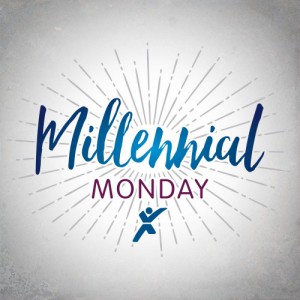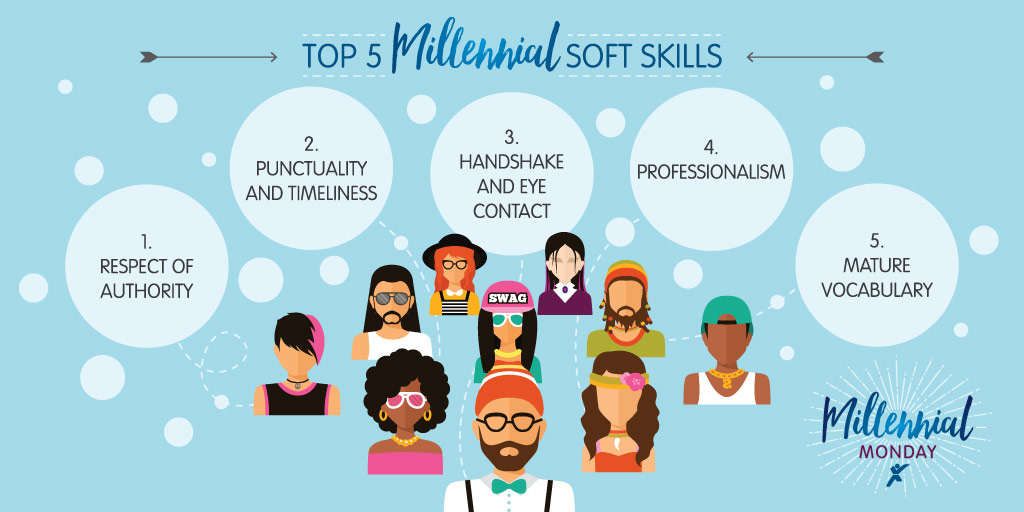If you’re a mother, a future mother, or have a motherly figure, you are probably aware that parenting is a full-time job. Many maternal characteristics can be applied in the workplace. Here are four transferable parenting skills that can help with your job interview, resume, and daily workflow. (more…)








